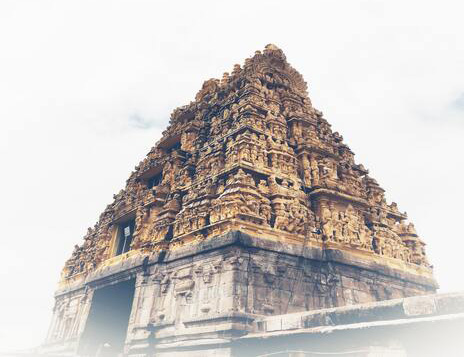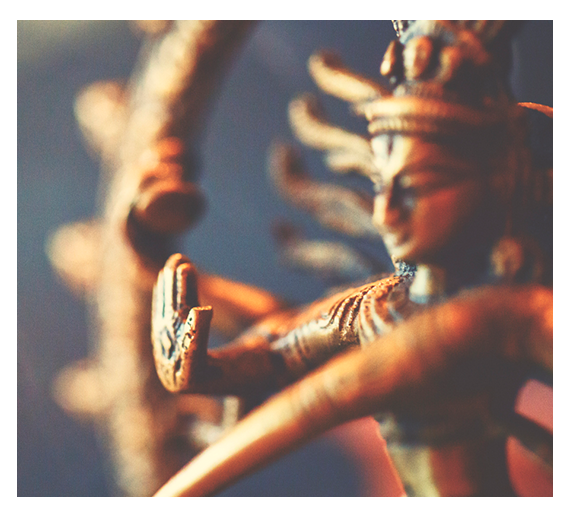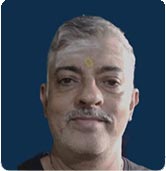ABOUT US
INTRODUCTION
Tattva Heritage Foundation is dedicated to the preservation and promotion of Indian culture and heritage. We support scholars, artists and institutions working on critical projects relating to Indian cultural traditions with intellectual resources, networks and funding.
We also help potential donors channel their philanthropy into cultural and heritage projects.


Our Mission

With the eclipse of the traditional sources of patronage much of India’s cultural heritage, both tangible and intangible, has come under immense pressure. Tattva Heritage Foundation seeks to remedy this through cultural institution building, formulating ways to channel resources for religious-cultural activities, and by directing scholarships and grants to selected scholars, artists and cultural institutions committed to excellence.
Our VIsion

Tattva Heritage Foundation aims to revive the patronage network that for millennia supported our rituals, architecture, philosophy, literature, aesthetics, grammar, music, dance, crafts and so much more. We believe that culture, if harnessed authentically, is extremely empowering as it provides a sense of identity, a sense of stability in a rapidly changing world, and a sense of rootedness to our own ancestral land and community.

Key Person

Manish Maheshwari
Tattva Heritage Foundation was founded in 2021 by Manish Maheshwari. He is an independent researcher with a focus on yoga and the Śaiva traditions of pre-modern India. Manish has also studied Nyāya-Vaiśeṣika, Vedānta and Indian aesthetics under prominent teachers and institutions in the country. In a prior life, Manish was an investment management professional at a hedge fund in New York City and later in Mumbai. He holds postgraduate degrees from Columbia University and Mumbai University.

Dr. T. Ganesan
is one of the most prominent scholars of Saivism in the world. He worked as Director of Research at the prestigious French Institute, Pondicherry (IFP) since 1985 and currently heads the Centre of Saiva Studies in Pondicherry. Among other projects, he is currently working on critically editing and translating the 28 mula Shiavagamas. He has critically edited a large number of ancient Shaiva texts and has presented more than 30 seminar papers and research articles concerning Śaivism and Śaivasiddhānta.